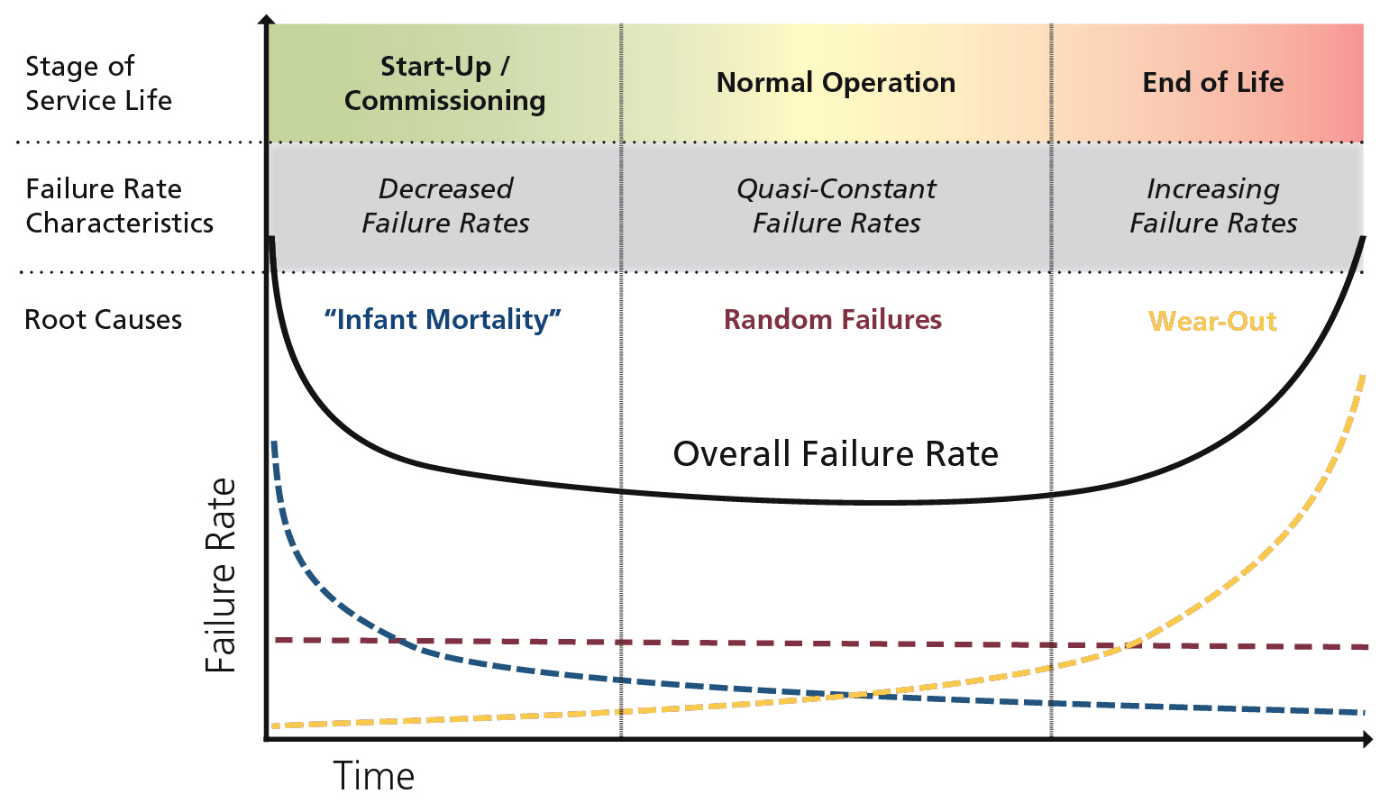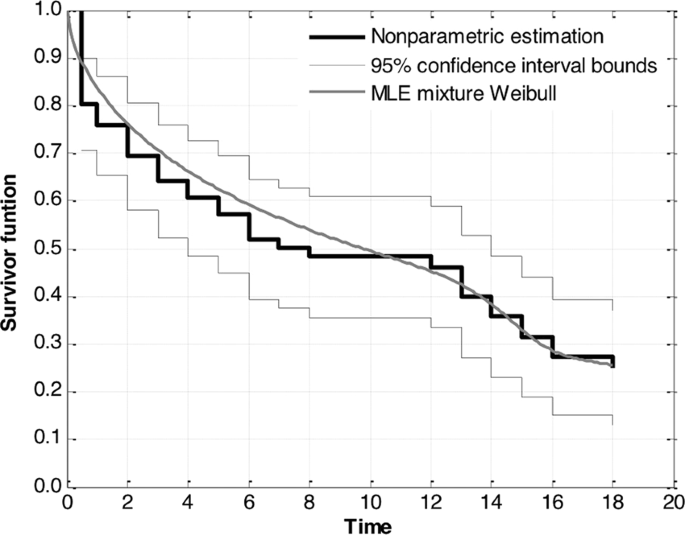Reliability Analysis
This course covers all the main and advanced topics of reliability analysis. Reliability is the analysis of the probability that a given item will fail or survive. Basically a complex argument based on mathematical statistics, yet this area of Statistics is so important in order to correctly estimate for example warranty and repair costs. It is also at the basis of a specific aspect of risk evaluation. Join this learning track to discover all the topics that make reliability analysis such powerful and useful!
Topics include
DAY 1:
- Introduction to Reliability
- Definition of Reliability
- Understanding the concept of probability distribution
- Different types of distributions
- Weibull distribution importance and properties
- The concept of censoring in reliability analysis
- Different types of data censoring
- Survival and hazard functions
- Using a probability plot for quantitative estimation
- Warranty analysis and prediction
- Meaning and use of threshold parameters
- Bayes analysis
- Estimation and demonstration test plans
- Analysis and modelling of multiple failure modes
- Non parametric analysis
- Repairable systems reliability analysis
DAY 2:
- How to compare different probability distributions
- Principle and uses of regression with life data
- Accelerated life testing
- Sample size for accelerated life tests
What you will be able to do
- Prepare data for reliability analysis
- Find a good distribution to fit your data
- Run a reliability analysis
- Run a warranty prediction
- Perform accelerated life testing
Duration
1 or 2 days, depending on the selected topics.
Pre requisites
Basic Statistics.
Available based on
- TIBCO Statistica
- Minitab
- R
Audience
Engineers and every professional that has to deal with warranty claims and overall with product reliability or scheduled maintenance.








